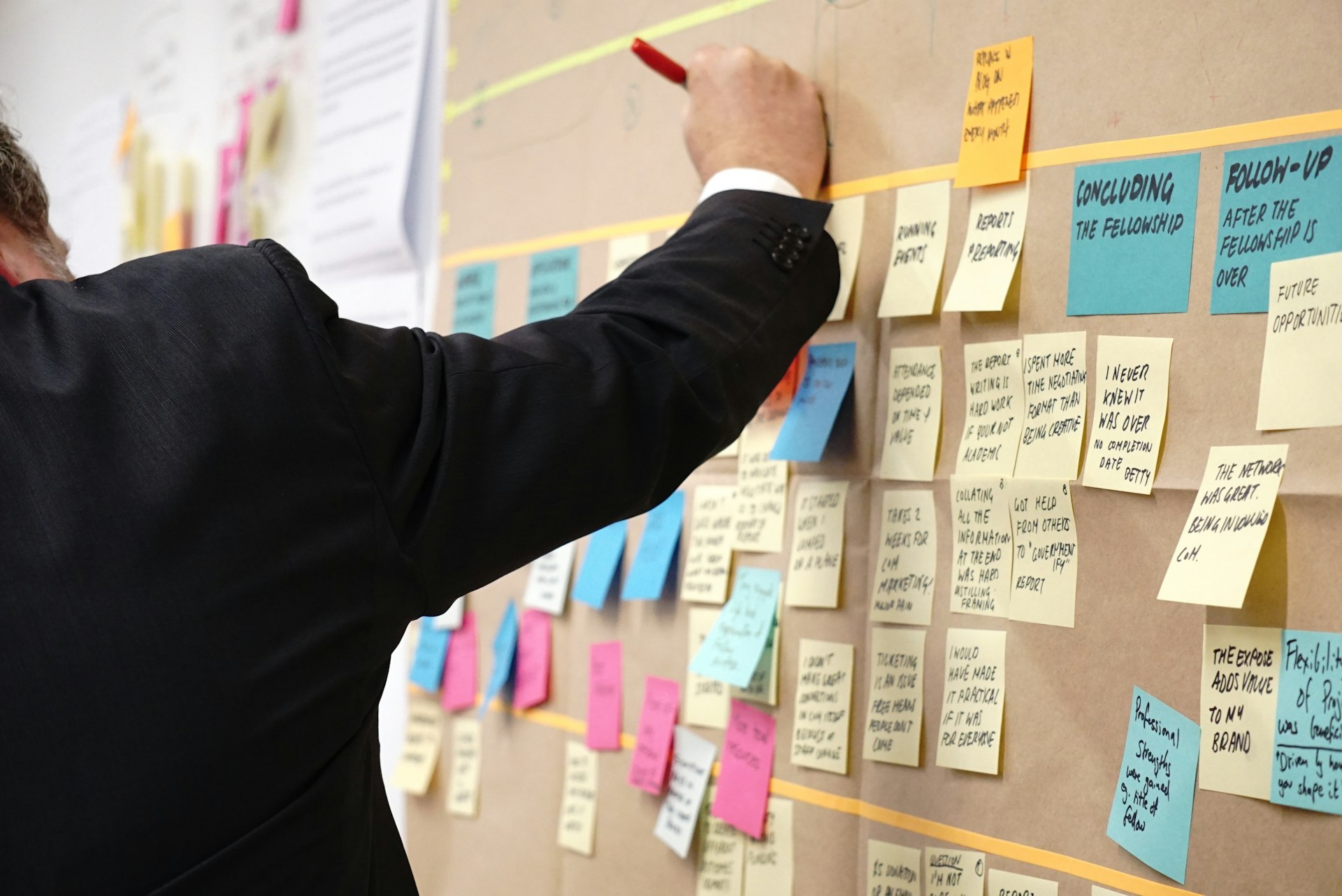Unlocking Team Excellence: The Critical Role of Sports Psychologists in Team Performance

Photo by Tom Pottiger on Unsplash
Introduction
In the competitive world of sports, physical prowess alone no longer guarantees success. The mental game has become just as crucial, and sports psychologists are now integral to maximizing team performance. Their role extends far beyond individual mental health, shaping team culture, communication, motivation, and resilience. This article explores the specific ways sports psychologists influence team outcomes, how their techniques can be implemented, and what pathways exist for teams and coaches seeking to access these transformative services.
The Expanding Role of Sports Psychologists in Team Sports
Sports psychology is the science of optimizing athletic performance by addressing mental and emotional factors. In team environments, sports psychologists provide:
- Mental toughness training to help athletes remain focused and resilient under pressure
- Stress and anxiety management to reduce performance-hindering nerves
- Enhanced communication and team cohesion by fostering trust and effective interaction
- Goal setting and motivation strategies tailored to both individuals and groups
- Conflict resolution and leadership development to build a positive team culture
Athletes and coaches increasingly recognize that winning at the highest level requires mastery of both the body and the mind. According to numerous experts, integrating sports psychology into coaching dramatically improves outcomes on and off the field [1] .

Photo by (Augustin-Foto) Jonas Augustin on Unsplash
Enhancing Mental Toughness and Resilience
One of the most significant contributions of sports psychologists is developing mental toughness . This trait enables players to maintain confidence, composure, and determination even when facing adversity. Techniques such as visualization, positive self-talk, and pre-competition routines are taught to help athletes manage pressure and bounce back from setbacks [1] . For example, a basketball team struggling with second-half slumps may learn group visualization exercises, helping them finish strong and stay focused when fatigued.
To implement these techniques, coaches can:
- Schedule regular workshops with a licensed sports psychologist
- Incorporate short mental skills drills into daily practice routines
- Encourage athletes to keep journals tracking their mental states before and after games
Obstacles such as player resistance or limited budgets can often be overcome by starting with group sessions and gradually introducing one-on-one support for those who need it most.
Optimizing Team Dynamics and Communication
Teams succeed when players trust each other and communicate effectively. Sports psychologists are trained to assess team culture, identify communication barriers, and design interventions that promote openness and mutual respect. Techniques may include:
- Role-playing scenarios to address conflict resolution
- Facilitated group discussions to align goals and values
- Personality profiling to appreciate individual differences
For instance, when a soccer team experiences internal friction due to unclear leadership roles, a sports psychologist can mediate sessions that clarify responsibilities and build shared accountability. Research shows that players who receive structured counseling and communication training report significantly lower stress and better overall well-being [2] .
To access these services, teams can:
- Contact local universities with sports psychology programs for referrals to recent graduates or interns
- Reach out to national organizations such as the Association for Applied Sport Psychology (AASP) to find certified professionals
- Request workshops or consultations as part of annual team retreats
Motivation and Goal Setting for Teams
Maintaining motivation over a long season is challenging. Sports psychologists teach both extrinsic (awards, recognition) and intrinsic (personal pride, mastery) motivation techniques. Structured goal-setting sessions help teams focus on both short-term milestones and long-term visions. For example, a volleyball team struggling with mid-season fatigue may benefit from weekly goal check-ins and visualization exercises that reinforce their collective purpose [4] .
To implement motivational strategies, consider the following steps:
- Begin each week with a team meeting to set goals and discuss upcoming challenges
- Recognize both individual effort and group achievements with positive feedback
- Encourage athletes to reflect on their progress through personal journals or video analysis
Teams without immediate access to sports psychologists can utilize online resources and self-help guides, but direct interaction with a trained professional yields the most consistent results.
Managing Stress, Anxiety, and Emotional Wellbeing
High-pressure competition can lead to stress, anxiety, and even depression. Sports psychologists offer evidence-based interventions such as mindfulness, cognitive-behavioral therapy, and relaxation techniques to help athletes manage emotions and perform at their best [3] . For example, a baseball team experiencing pre-game jitters may benefit from guided breathing exercises or progressive muscle relaxation routines before hitting the field.
Coaches can support emotional wellbeing by:
- Normalizing mental health discussions and reducing stigma around seeking help
- Scheduling regular check-ins and providing confidential avenues for players to discuss concerns
- Encouraging open communication between athletes, staff, and mental health professionals
When in doubt, teams should consult with their athletic department’s health services or search for licensed sports psychologists in their region.
Practical Pathways to Accessing Sports Psychology Services
Accessing sports psychology does not have to be complicated. Here are practical steps:
- Consult your team’s athletic trainer, school counselor, or local university’s psychology department for referrals.
- Search for credentialed professionals through reputable organizations such as the American Psychological Association (APA) or the Association for Applied Sport Psychology (AASP).
- If budget is a concern, inquire about group sessions, workshops, or remote consultations, which are often more cost-effective.
- Educate yourself and your team using verified online resources and literature recommended by professional associations.
While some elite teams may hire full-time sports psychologists, many benefit from part-time consultants, online workshops, or periodic mental skills seminars. Always verify the credentials and experience of any professional you plan to work with.
Real-World Examples and Case Studies
Consider a collegiate basketball program that saw its free-throw percentage improve by 12% after implementing visualization and stress reduction techniques taught by a sports psychologist. Or a high school soccer team that rebounded from a losing streak after team-building sessions addressed underlying communication issues. These cases are increasingly common, supported by a growing body of research confirming the positive impact of sports psychology on team performance [1] .
Challenges and Alternative Approaches
Common challenges include limited funding, skepticism among athletes, and lack of qualified professionals in some areas. Solutions may involve:
- Partnering with local universities for student-led workshops under professional supervision
- Utilizing telehealth platforms for remote consultations
- Integrating mental skills modules into existing practice structures
Alternative approaches, such as peer-mentoring programs and self-guided mental training, can supplement professional services, especially when resources are scarce.
Conclusion and Action Steps
Sports psychologists play a pivotal role in unlocking team potential, fostering resilience, communication, motivation, and emotional wellbeing. Teams seeking to leverage these benefits can:
- Reach out to local universities and national associations for referrals to qualified sports psychologists
- Implement group workshops or remote sessions as a starting point
- Encourage open discussion of mental skills as part of team culture
- Utilize verified online resources and professional literature for ongoing education
For personalized guidance, you can search for “certified sports psychologist near me” or consult the Association for Applied Sport Psychology directory. Always confirm credentials and ensure the professional’s approach aligns with your team’s needs. By proactively investing in mental skills and psychological support, teams can achieve sustainable, long-term performance gains that physical training alone cannot deliver.
References
- [1] Scoreboard Fundraising (2024). Sports Psychology in Coaching Success and Team Performance.
- [2] The Yogic Journal (2017). Importance of sports psychologist for team performance in sports.
- [3] UCLA Health (2023). Sports Psychologist | Sports Medicine Career Overview.
- [4] Faulkner University (2023). How Sports Psychology Aids Athletic Performance.



